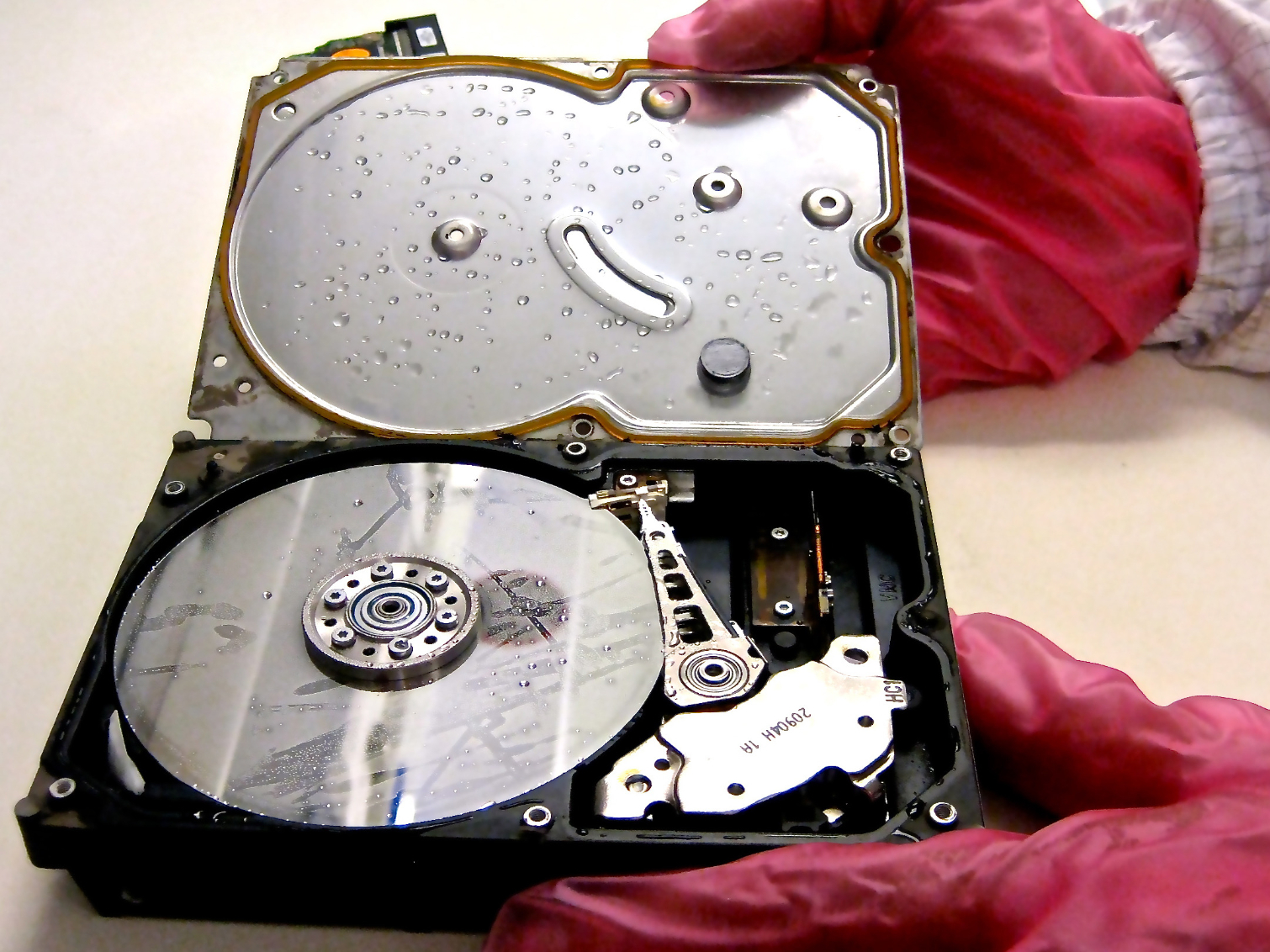Trendfocus: HDD Shipments Fell to 77 Million in 1Q19
The way we store information often changes. We started out drawing on cave walls, then etched words into stone tablets, and then found countless things we could stain with ink. Digital storage mechanisms are no different, which is why a Trendfocus report saying HDD shipments fell nearly 13 percent in the first quarter of 2019 isn't particularly shocking, although the decline can't only be attributed to waning interest in hard drives.
Storage Newsletter got its hands on the "SDAS: HDD Information Service, Preliminary CQ1 ’18 Quarterly Update" Trendfocus published on April 9. (Trendfocus offers precious little information to the public; its most recent blog post is from December 2017.) That report is said to have described falling shipments in the global desktop and laptop HDD markets both quarter-over-quarter and year-over-year. Enterprise sales rebounded, though.
Desktop HDD shipments are said to have fallen to just 24.5 million units, a drop of nearly 4 million units from the previous quarter. Laptop HDD shipments dropped more than 6 million units to hit the 37 million mark. Enterprise HDDs are said to have rebounded by nearly 1 million units, however, to around 11.5 million hard drives purchased in the quarter. Business customers essentially picked up the slack left by consumers.
These shipments were likely affected by many factors. Seasonal buying patterns can help account for the decline in the laptop HDD market, for example, and the desktop market was likely affected by the ongoing shortage of Intel processors. Manufacturers are making fewer systems, which means they need fewer hard drives to put in those systems. That might change if the shortage ends or consumers buy more pre-built systems.
But there's also the simple fact that most people want SSDs instead of HDDs for most of their devices. Nobody wants to wait for their system to boot, their files to load, or their apps to finish routine tasks. As SSDs become more affordable--especially high-capacity offerings that rival consumer HDDs--they can slowly replace hard drives in more aspects of computing. The spinning discs will go from must-haves to must-avoids.
Eventually, the same thing will happen to SSDs. We've already seen microSD cards grow in capacity, with Micron and Western Digital revealing 1TB options in February, while also improving performance to rival that of SSDs. Right now those SD cards are too expensive for most people, but eventually, they could become the storage medium of choice. (Especially for people who value the ability to transfer data between devices easily.)
That's all long-term thinking. Right now the declining HDD shipments probably resulted from a mix of the seasonal, industrial, and preferential factors listed above. HDDs still offer the highest capacity to cost ratio and perform well enough for most people. So even though some of us have vowed not to buy another hard drive, the HDD market could rebound as the seasons change and processors become more readily available.
Get Tom's Hardware's best news and in-depth reviews, straight to your inbox.

Nathaniel Mott is a freelance news and features writer for Tom's Hardware US, covering breaking news, security, and the silliest aspects of the tech industry.
